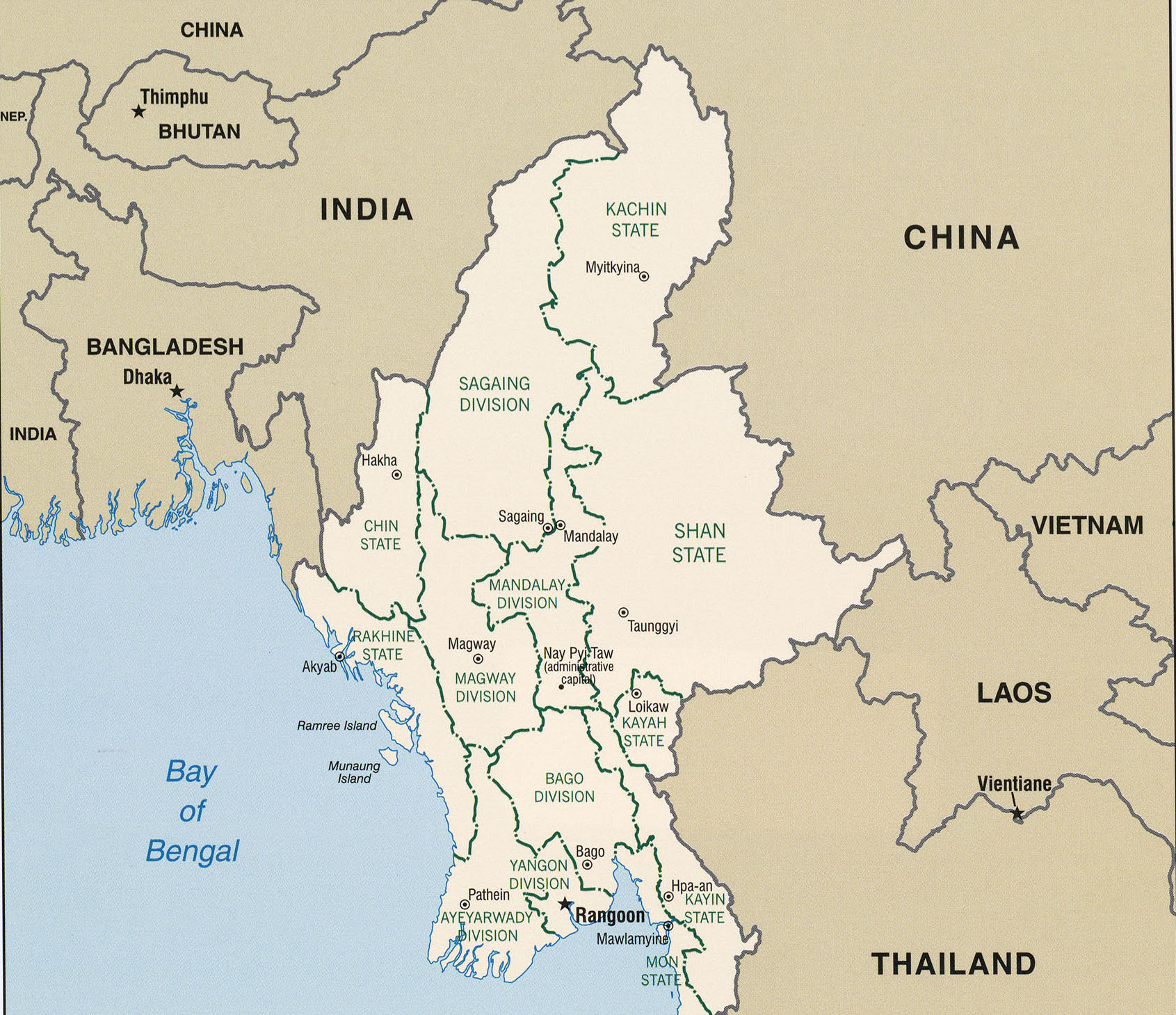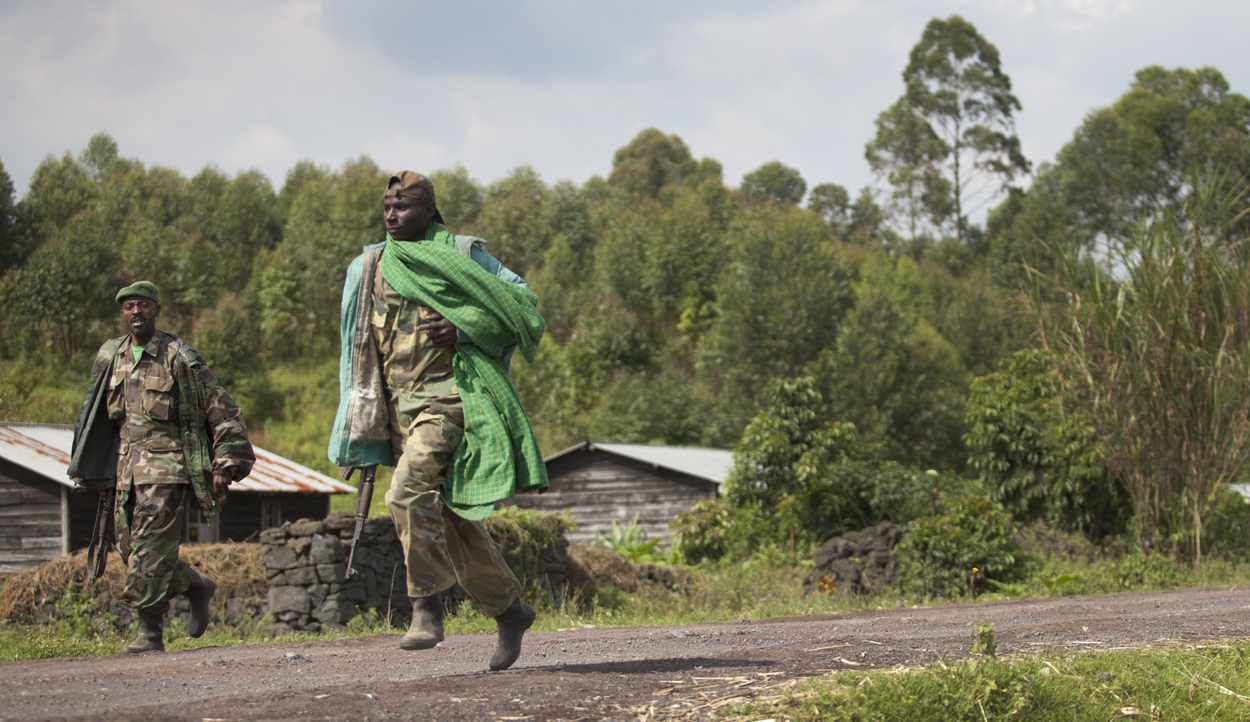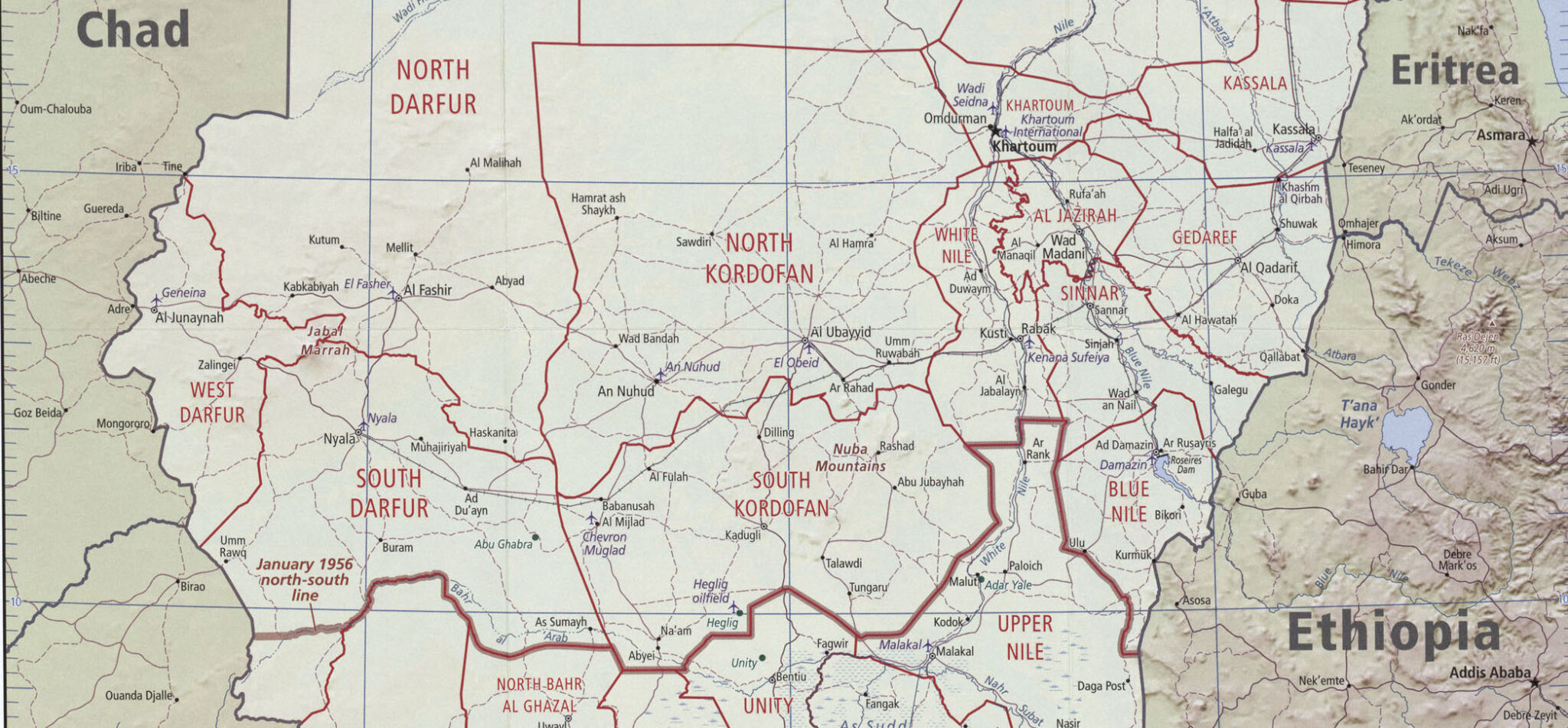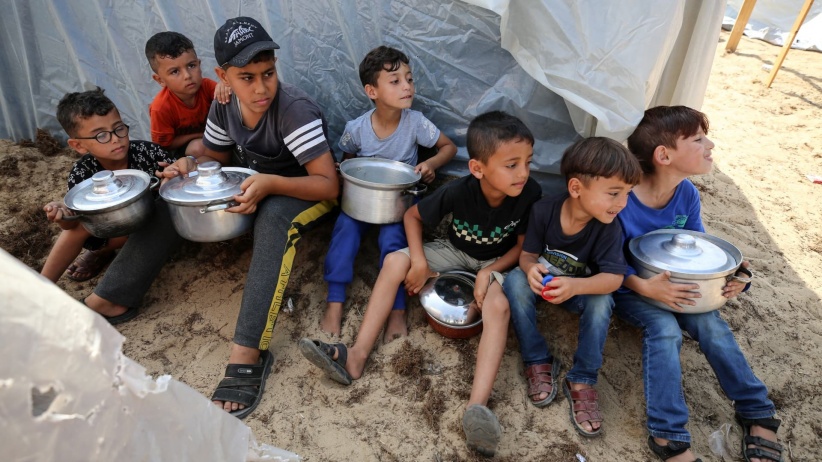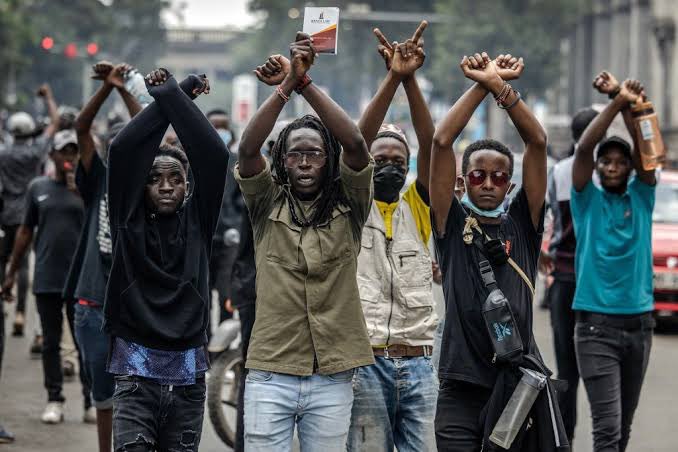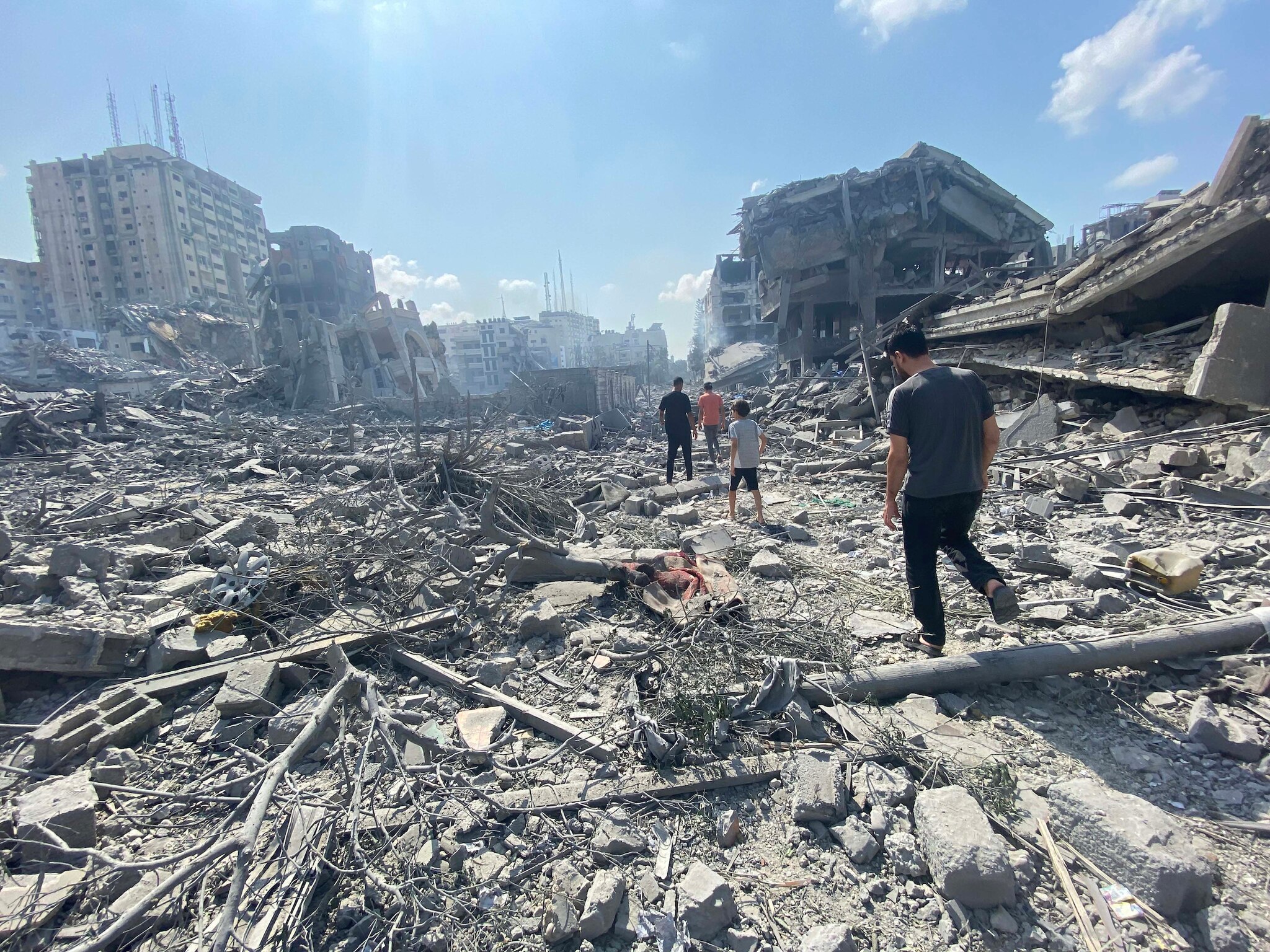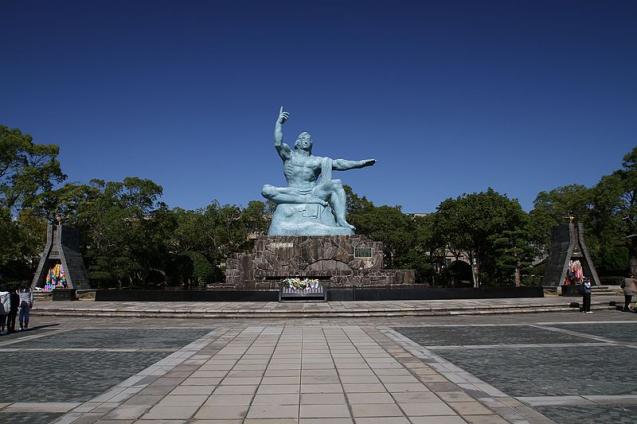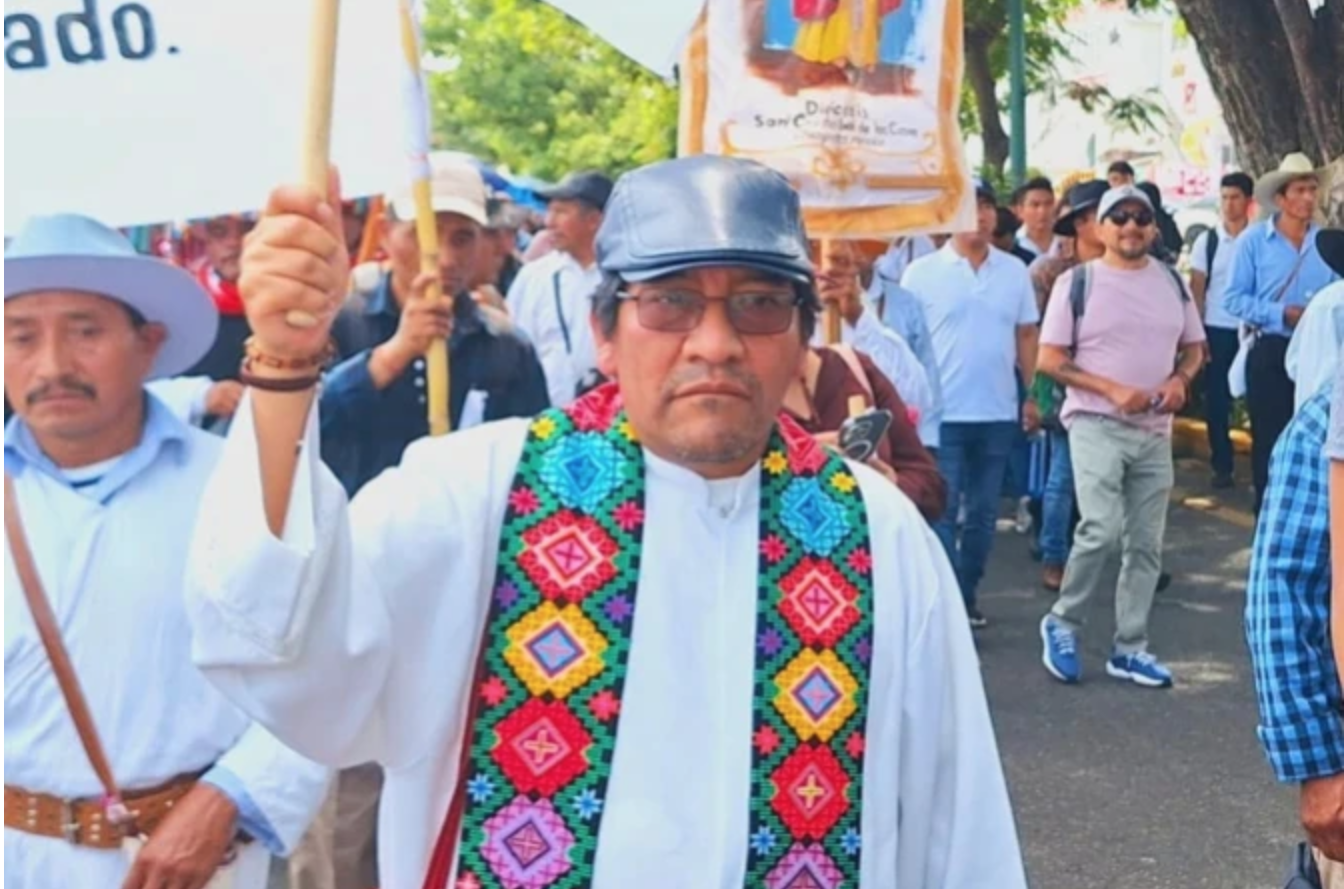
Indigenous pastor assassinated in Chiapas
Father Marcelo Pérez, an indigenous Tzotzil Maya priest with the Diocese of San Cristóbal de las Casas in Mexico’s conflicted southern state of Chiapas, was assassinated immediately after celebrating Mass. He was returning to his car from the church at the barrio of Cuxtitali in the highland city of San Cristóbal when he was shot by gunmen on a motorcycle. Hundreds of mourners attended his funeral the following day in the village of his birth, San Andrés Larráinzar, chanting “Long live Father Marcelo, priest of the poor.” He had received threats for his outspoken opposition to the criminal organizations and paramilitary groups fueling violence in Chiapas. The murder was condemned in a statement by the Mexican Bishops’ Conference, which said the act “not only deprives the community of a dedicated pastor but also silences a prophetic voice that tirelessly fought for peace with truth and justice in the region of Chiapas.” (Credit: Diocese of San Cristóbal de las Casas via CNA)



